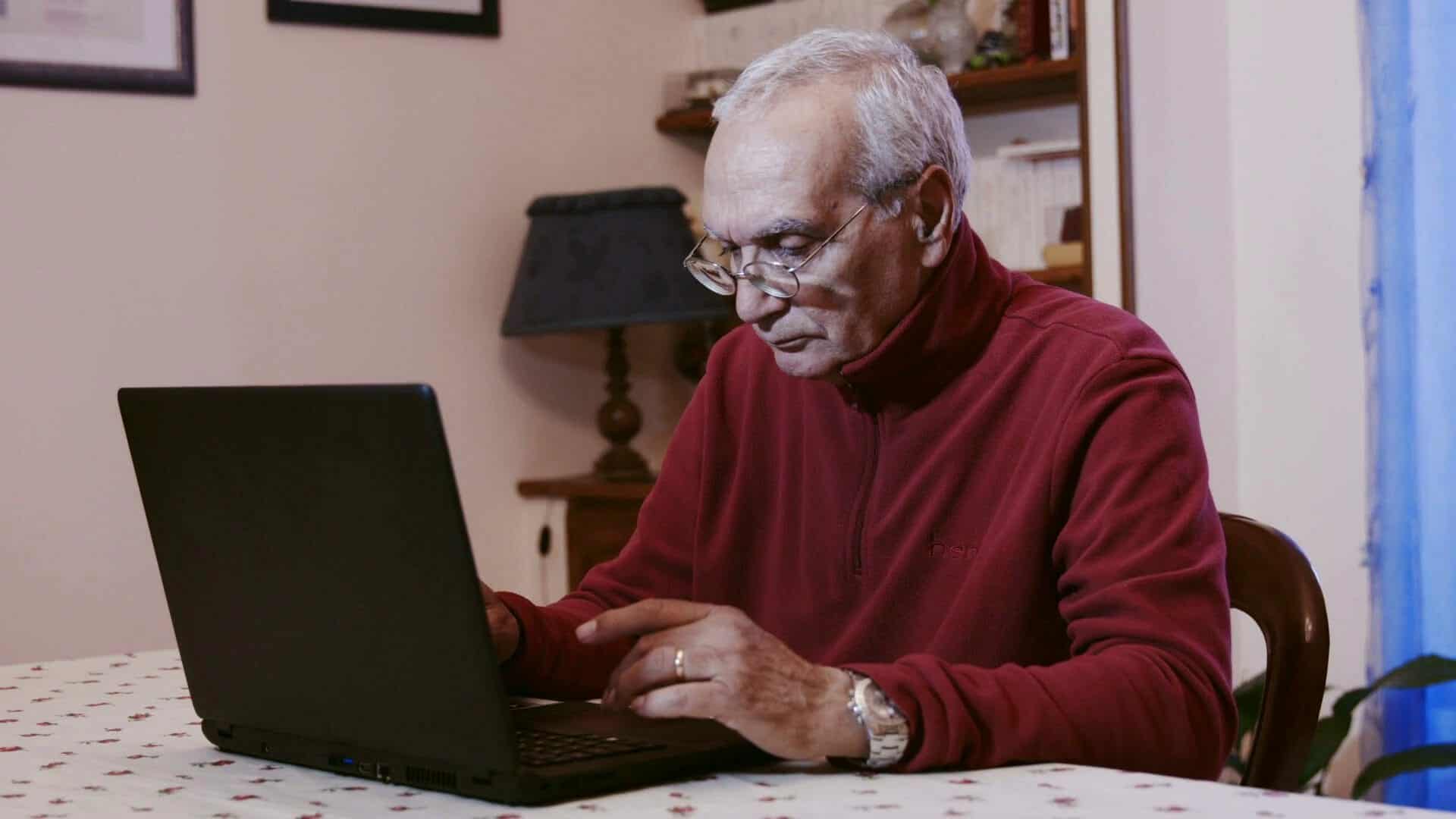To mark the International Day of Older Persons, the United Nations has called for digital equality to be applied to all sections of the world population no matter what the age of a person.
The 2021 theme “Digital Equity for All Ages” affirms the need for access and meaningful participation in the digital world by older persons.
In his message, the UN Secretary-General said that as each individual faces the challenge of navigating the world’s growing reliance on technology, “perhaps no population could benefit more from support, than older persons.”
For António Guterres, these technologies can help older citizens stay connected with loved ones, attend a religious service or take a stance.
“All of these actions and many more are increasingly carried out online, especially as individuals and communities grapple with restrictions imposed in response to the COVID-19 pandemic,” he said.
Older persons have often been left more isolated during the pandemic and they are also at greater risk of suffering from the rising threat of cybercrime.
“While taking all possible measures to hold to account those unscrupulous criminals preying on older persons, we must also work to strengthen the digital skills of the elderly as an important defense, and means to improve their well-being,” Mr. Guterres said.
For him, older persons are far more than a vulnerable group: “They are a source of knowledge, experience and rich contributions to our collective progress.”
The Secretary-General also argued that, when older persons can access and use new technology, they will be better equipped to contribute to reaching the Sustainable Development Goals (SDGs).
He concluded asking for more inclusive policies, strategies and actions to achieve digital equality for people of all ages.
Despite the rapid digital innovation and exponential growth, one-half of the global population remains off-line, with the starkest contrast between the most developed countries (87%) and the least developed countries (19%). Women and older persons also experience digital inequity to a greater extent.
In Europe, for example, only one in four older Europeans have basic or above basic digital skills, compared to two in three in the age group 35 to 44; three in four among 25-34 year olds and four in five among youth (16-24), according to data from the UN Economic Commission for Europe (UNECE).
Globally, there were 703 million persons aged 65 or over in 2019. Over the next three decades, the number of older persons worldwide, is projected to more than double, reaching more than 1.5 billion persons in 2050.
Less developed countries – excluding the least developed grouping – will be home to more than two-thirds of the world’s older population (1.1 billion) in 2050.
The fastest increase is projected to take place in the least developed countries, where the number of persons aged 65 or over could rise from 37 million in 2019 to 120 million in 2050 (225%).







